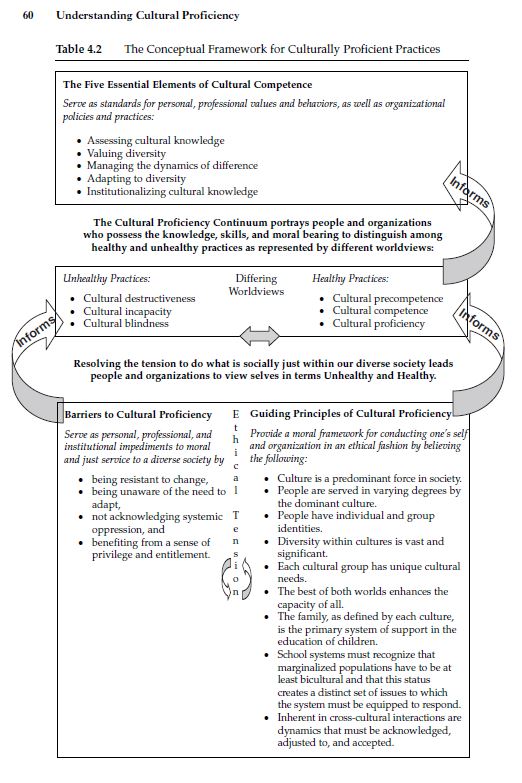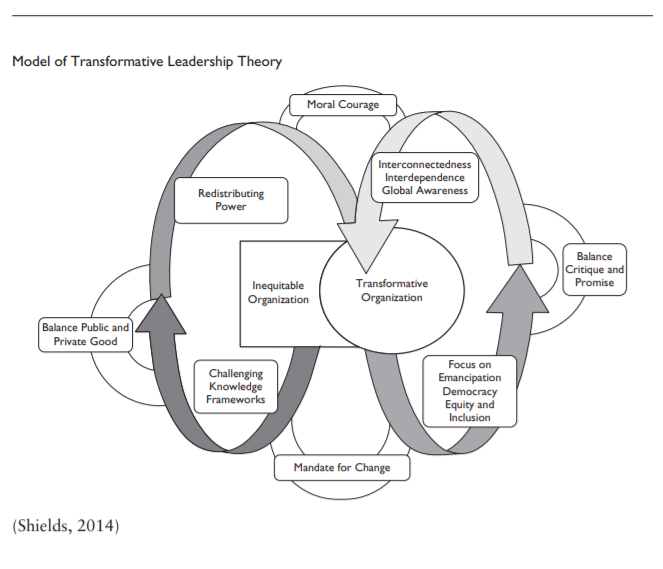Praxis is defined as “action relating theory to practice, in a specific context that challenges power relationships and leads to transformative action.” Our goal is to help districts/school sites move beyond school improvement toward building capacity for sustainable transformative change to meet the needs of a rapidly changing student demographic.
Praxis Lead Equity Consulting consists of certified Culturally Proficient P-16 educational consultants with leadership, administrative, and teaching experience in primary, secondary, and higher education. Using Transformative leadership theory and the conceptual framework for culturally proficient practices developed by the Center for Culturally Proficient Educational Practice (CCPEP), consultants synthesize theory and practical application with a focus on building capacity for sustaining equity and access initiatives for change. Praxis Lead Equity consultants can provide the CCPEP Cultural Proficiency 10-day certification professional devleopment or can assist and guide site and district leaders and teams in developing their own tailor-made equity action plan or equity self-assessment for optimizing and improving equity and access for all students.
This begins with an “inside-out” approach that challenges individual, group, and institutional perspectives as they relate to power, privilege and entitlement, equity, inclusion, and access issues that can influence and impact achievement, opportunity, and equity gaps.
Conceptual Framework for Culturally Proficient Practices (Lindsey, Nuri-Robins, Terrell, Lindsey, 2019)

Why Transformative Leadership?
Transformative leadership is normative; it broadly defines a desired state toward which we strive…each leader must consider the specific needs and priorities of each context…in ways that combine the following eight tenets of transformative leadership theory into a holistic whole:
- the mandate to effect deep and equitable change;
- the need to deconstruct and reconstruct knowledge frameworks that perpetuate inequity and injustice;
- the need to address the inequitable distribution of power;
- an emphasis on both private and public (individual and collective) good;
- a focus on emancipation, democracy, equity, and justice;
- an emphasis on interdependence, interconnectedness, and global awareness;
- the necessity of balancing critique with promise; and
- the call to exhibit moral courage.
Model of Transformative Leadership Theory (Shields, 2018)

Comparing Leadership Theories
Table 2.1 below shows the two theories side by side. On the left in italics are phrases related to transformational leadership, as described by Leithwood and Sun (2012). On the right side are the eight tenets of transformative leadership, identified by Shields (2012, 2016).
Table 2.1 Comparing Leadership Theories

“Overall, the argument is that transformative leaders are not only concerned with what happens within their schoolhouse walls, but with what happens within the wider local, national, and global communities as well…what I am arguing is that transformative leaders must pay attention to what happens to students and their families outside of school.” (Shields, 2018, p. 22).

